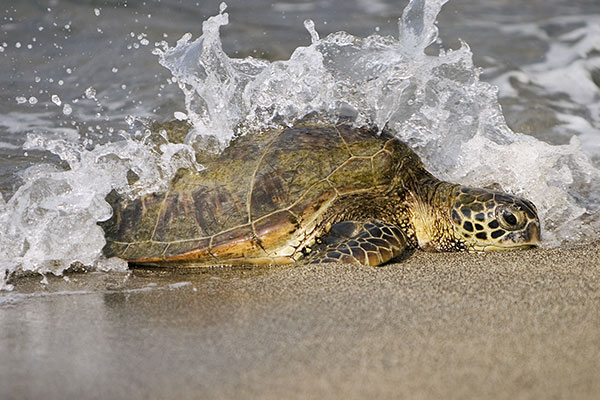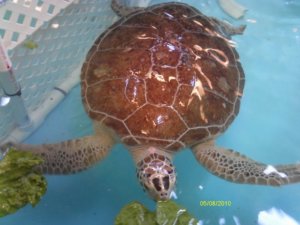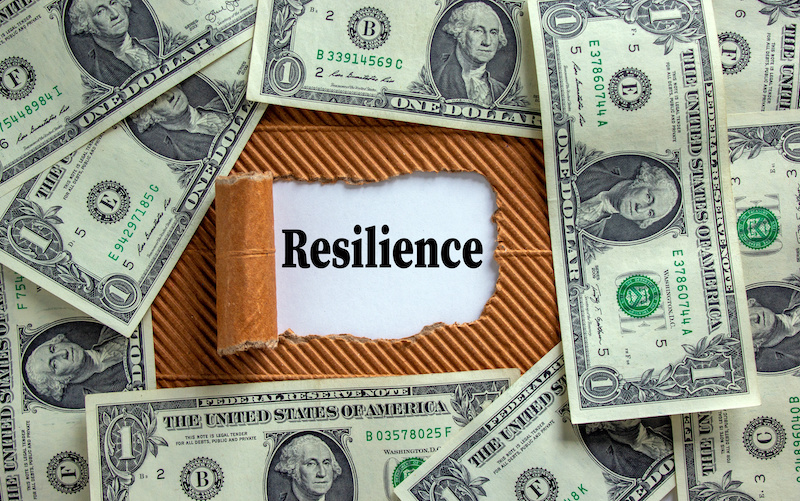Sea Turtles
Key News ContributorDecember 29, 2018

Sea Turtles
Sea turtles are endangered marine turtles, and like terrestrial turtles, they are air-breathing reptiles. They have flat, streamlined bodies with large, powerful flippers used for swimming and steering. There are seven species of sea turtles found throughout the world, and five species are found in Florida.
While they spend their entire lives in the open ocean, the adult females will return to shore to nest. She will crawl out of the water and up to the dunes, where she will dig an egg chamber in the sand with her hind flippers and deposit her eggs. Sea turtle eggs vary in size, ranging from a ping-pong ball to a billiard ball.
Threats
There are many threats that sea turtles face throughout its lifetime. Some of these threats include habitat destruction, altering of nesting and foraging habitats, accidental capture in commercial and recreational fisheries, marine debris ingestion and entanglement, and boat propeller strikes. Sea turtles also have many natural predators such as raccoons, foxes, ghost crabs, fishes, and sharks.
Hatchlings
After the female lays her eggs on the beach, they will incubate between 45 and 60 days before they hatch. Once the hatchlings emerge from the nest, they begin to move towards the ocean using visual clues like the beach slope, white crests of the waves breaking on the shore, and the moonlight. This is where some issues arise for the hatchlings. With continued growth of the human population near or on beaches, the artificial light that we produce confuses the hatchlings and attracts them inland- into swimming pools, parking lots, and roadways, which can cause death. Other things may also be problematic to a hatchling, such as objects blocking their crawling. This may include beach chairs, holes, sandcastles, or tire tracks. The crawl from the nest to the ocean is crucial for a hatchling and muscle development, so it is very important that there are no hazards blocking their path.

Photo by Chrissy Austin. Green Sea Turtle at The Georgia Sea Turtle Center
How to help
May through October is sea turtle nesting and hatching season. If you live near, or visit the beach, turn off all outside lights and remove all obstructions from the beach when you leave. Level any sandcastles fill any holes created during the day, and pick up litter. This is a good general practice, as many sea creatures mistake our trash for food and consume it, potentially resulting in death. Do not purchase any products made from sea turtles. In the United States, this is a federal crime and subject to fines and/or prison time.
If you are fortunate enough to see a nesting sea turtle or hatchling, remember that it is an endangered species, and harassing them comes with a large fine. If a nesting female is disturbed by any means (noise, artificial lighting, etc.), she could abandon her current nest and lay the remaining eggs in the water, which will result in the death of the egg. Do not use flash photography or shine lights on sea turtles. If you find an injured, nesting, or dead sea turtle call, 1.888.404.3922.
For more information, please check out http://www.nmfs.noaa.gov/pr/species/turtles/ or http://www.seeturtles.org/1403/baby-sea-turtles.html.
Edited by Chrissy Austin


